
Down to Earth
Down to Earth is a podcast about regenerative agriculture. It’s about the place where food production and conservation come together, where the food we eat actually improves the health of land, water, people—and climate.
Above all, it’s a podcast about hope. We focus not on doom but instead on people who are developing practical, innovative solutions. We invite you to meet farmers, ranchers, scientists, land managers, writers, and many others on a mission to create a world in which the food we eat is healthy—for us, for wildlife, for the lives and livelihoods of the producers, and for the planet.
Recent Programs
On Pasture Magazine: bringing science to the farm
The science of farm and rangeland is often incomprehensible to the people on the land. We talk to On Pasture magazine founder Kathy Voth, whose mission is to make science accessible to people who need it–and to help keep them from being bamboozled by the latest agriculture fads.
Why is so much topsoil disappearing, and how can we reverse the trend?
Research scientist David Johnson from New Mexico State University tells us. He’s a leading soil scientist, and he knows what we need to do to reverse soil loss patterns–and what the many benefits are to restoring healthy soil on farms and rangelands.
Coyotes, hawks, and minks — just some of the wildlife living and thriving in Chicago
Gavin Van Horn‘s new book, The Way of Coyote: Shared Journeys of the Urban Wild, reflects on the relationship between the city and the land surrounding it.
Think like a chicken: transforming the poultry industry
Reginaldo Haslett Marroquín‘s team observed chickens for a year before engineering a prototype for an efficient and humane poultry farm. Equal parts indigenous wisdom and industrial design, they’ve created a scalable model that can be adapted to virtually any place on earth.
Restoring Texas prairie land: From big ag to a prosperous family farm
Jonathan and Kaylyn Cobb found a healthier way of farming when they rejected industrial methods and embraced regenerative practices. They tell the story of restoring degraded land through trial and error–and a big paradigm shift.
Bringing regenerative meat to the marketplace
How do food companies make products that use regeneratively-produced animals? How do they work with ranchers, and how do they tell their story to customers? We talk to Gina Asoudegan of Applegate Natural and Organic Meats and Katie Forrest of Epic Provisions.
Our Roots
Down to Earth is produced by Mary-Charlotte Domandi, long-time public radio and podcast producer/host, in collaboration with the Quivira Coalition, a non-profit organization that promotes healthy agricultural lands and food systems across the West—and across the world.
We’re dedicated to the idea of the Radical Center, in which people from divergent political, cultural, and professional worlds leave their differences aside and come together to work on the things they believe in—healthy soil, landscapes, and food…clean water and air…wise use of science and technology…and flourishing rural communities.
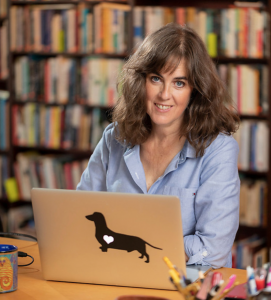

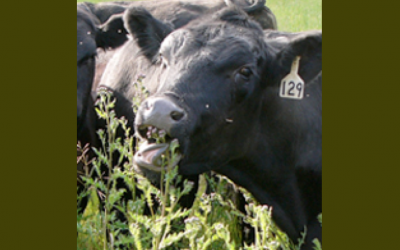
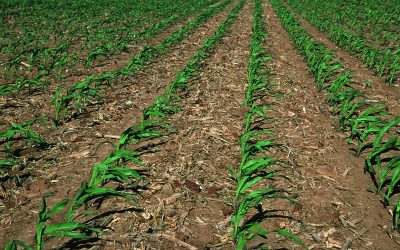
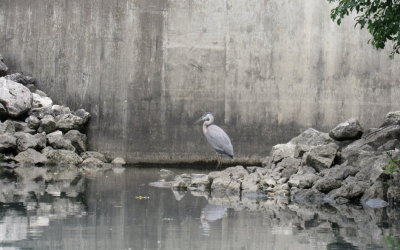
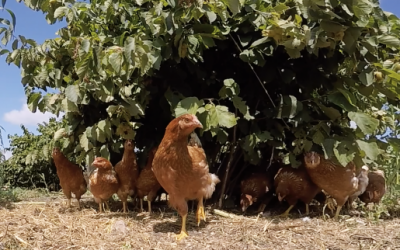
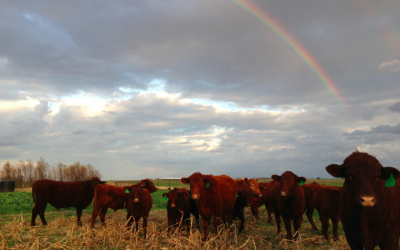
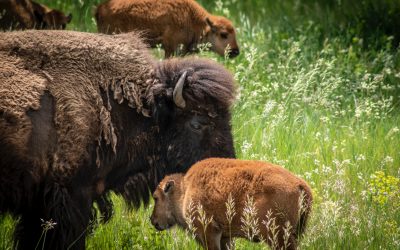

Subscribe:
Apple Podcasts
Spotify